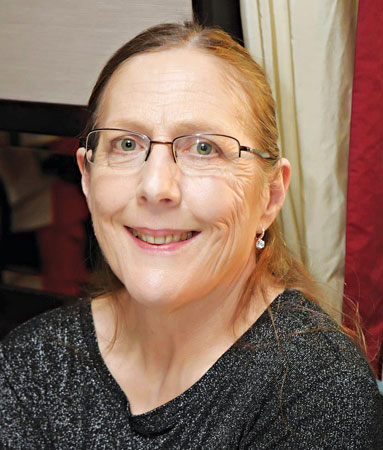It started with a mule and one man delivering mail up to the Cariboo. The man was Francis Jones Barnard and he started up a stagecoach line that was one of the longest in North America. Only Wells Fargo stages covered more miles.
Barnard was born in Quebec City in 1829 and in 1858 the lure of the gold field saw him going from New York on a trading ship to Victoria. It was not an easy trip but it got him to Victoria and he left for Yale with only a five dollar gold piece in his pocket.
In Yale Barnard did different jobs, including splitting firewood and delivering it to business and homes in Yale. He bought and sold a gold claim with a small profit. In 1859 he was elected constable, not a great job to have during a gold rush. He quit after having two prisoners he was escorting to New Westminster by canoe and tried to escape. Barnard subdued his prisoners and delivered them to the penitentiary.
Barnard hired on as a purser on the steamship Fort Yale in 1860. That job was short lived as on the next trip at Union Bar, two miles past Hope the ship’s boiler blew up. Five of the crew were killed but Barnard was thrown clear.
Barnard started packing mail to the Cariboo gold fields. In 1862 he was awarded the government postal contract.
Barnard started with a small mule which he loaded the mail and led it up the trail to the Cariboo. This was the start of the Barnard Express.
The BX grew to cover routes that snaked through most the interior of B.C. By 1864 the BX covered 110,600 miles and employed 38 men and used 160 horses.
The stage coach trip from Yale to Soda Creek took from 48 to 52 hours and was made twice a week without fail. In winter the stagecoaches were traded for huge sleighs that could travel the routes.
The BC Express owned and operated a 6,000 acre horse ranch at Priest Valley, later known as Vernon. The horses used by the BX came up from Mexico and California. In 1868 about 400 head of breeding stock were driven north to the Vernon ranch. These were not heavy horses, instead they had Spanish Barb and Morgan Horses. These horses were not handled much, running out on the range until they were between five and seven years old. Most of the BX horses were never broke to ride. Instead they were broke to drive.
An interesting feature on the stage coach and mule trains was the bell mare. They would have a white horse at the front for safety. It was a way of improving visibility.
The stage was loaded in a particular order. Passengers were loaded, also the freight was loaded and then the driver was put on the coach. A hostler would lead the horses out next. Once they were harnessed the driver would be handed the reins. Next the break was released by the driver and the stage would start moving.
When the horses were leaving the station they would often be leaving on their hind heels, some women would have palpitations from the sight of the horses snorting and straining on their harnesses, the driver holding tight to the reins, barely in control.
The horses went all out for 12 to 18 miles where they would stop a roadhouse where the horses and driver would be changed. Unlike the movies where they switch horses and the driver kept going, the driver and horses were a team. The first job after the team was unharnessed was cleaning all the harnesses. The driver would stay with his horses and the drivers of the BX Express would be the final say on if a horse was sold. If he said no then the horse would not be sold. Very few were ever sold.
Most of the roadhouses have vanished into memories but there is still one that is open to the public. That is the Cottonwood House, on the road between Quesnel and Barkerville. It is associated with the Boyd family.
In 1886 Barnard sold out to Stephen Tingley who thus became sole owner. He sold the BX to a group of Toronto lawyers in 1897.
In the 1920s the automobile and the building of the PGE Railroad brought the over 50 year journey of the Barnard Express to an end.
Willa Condy was born and raised in the West Kootenay. She is married, lives in Trail with her “better half” and their dog Roxy. Willa is part of the baby boom and loves photography, music, writing and having fun. Her email address is [email protected]


